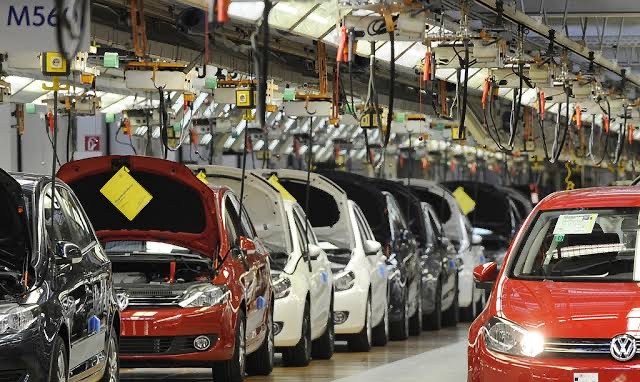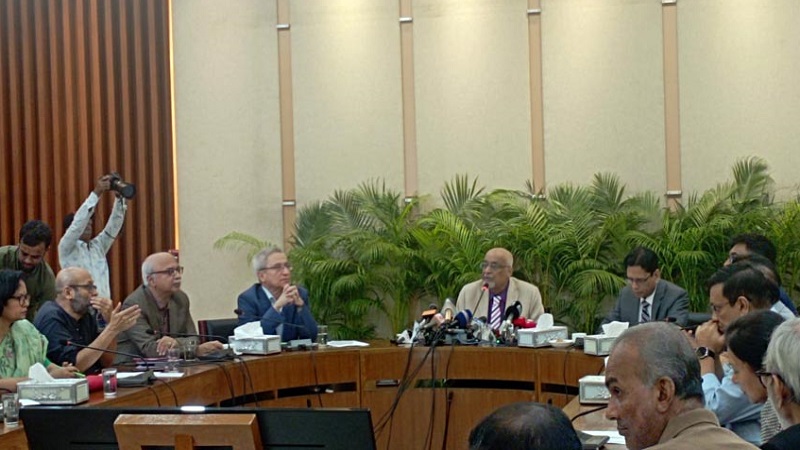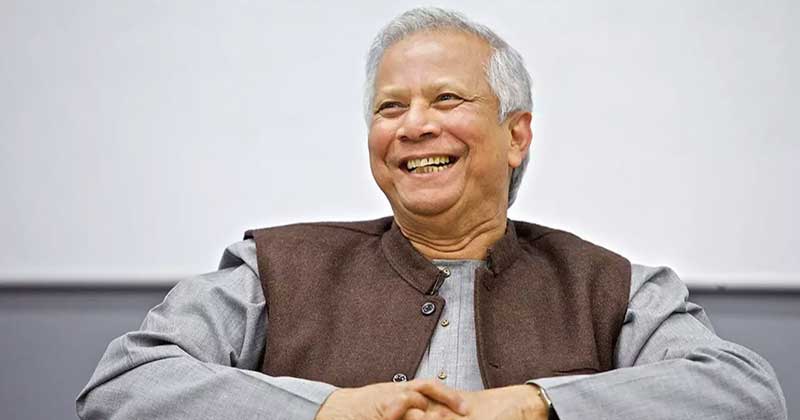Sales of new cars in Germany climbed more than 8 per cent year-on-year in September as the economy recovered from the coronavirus shock, official data showed on Monday, but concerns are rising about an uptick in infections.
Just over 2,65,000 new cars hit German roads last month, 8.4 per cent more than in September 2019, the KBA federal transport authority said.
It marks the first increase in new car registrations since the start of the pandemic, when coronavirus lockdowns in the spring kept dealerships shut and potential customers at home.
The German economy began reopening in May but new car sales were still down 20 per cent year-on-year by August.
Analysts cautioned against reading too much in September’s rebound, pointing to an extra working day last month and a particularly weak performance of the index in September 2019.
Over the first nine months of 2020, new car sales were still down some 25 per cent year-on-year.
‘The situation is normalising, sales are picking up again,’ said EY analyst Peter Fuss.
But he warned that a ‘slight recovery’ in the final months would not make up for the harsh losses suffered earlier in 2020, predicting that the new car market would end the year ‘deeply in the red’.
The German government has rolled out unprecedented stimulus measures to support the economy, including a temporary cut in sales tax that has encouraged purchases of big ticket items like cars.
Special subsidies targeted at environmentally friendly vehicles have also contributed to higher sales of electric and hybrid vehicles.
Looking ahead, Fuss said much would depend on the evolution of the pandemic in Europe’s top economy.
Although Germany has weathered Covid-19 better than many of its neighbours so far, coronavirus numbers have been climbing rapidly in recent weeks.
‘There probably won’t be another nationwide lockdown,’ Fuss said.
‘But local restrictions on public life could once again have a strong impact on the new car market and lead to renewed uncertainty among buyers.’
















